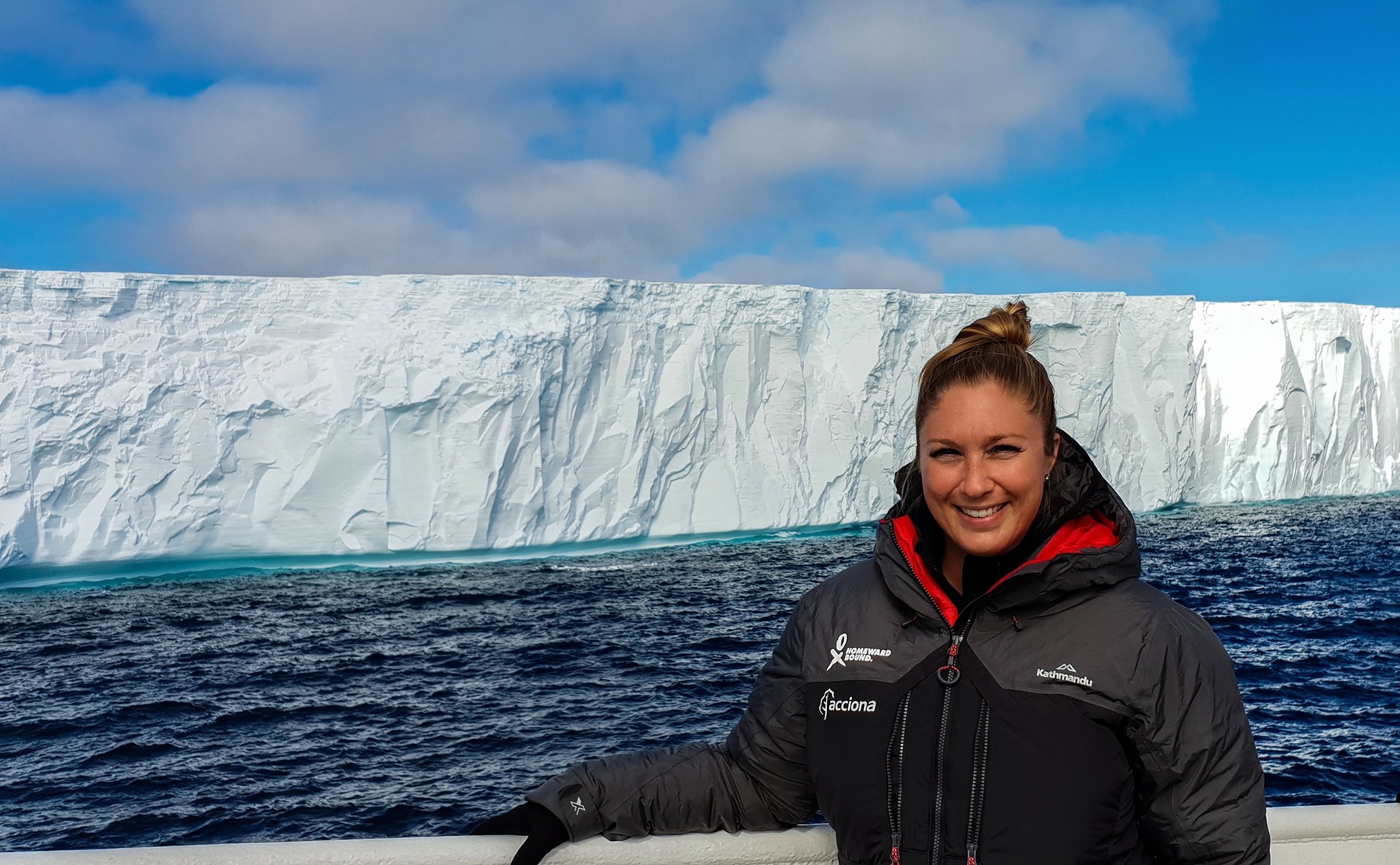
From childhood dreams to professional passion: Meet Australia’s Dr. Steph Gardner
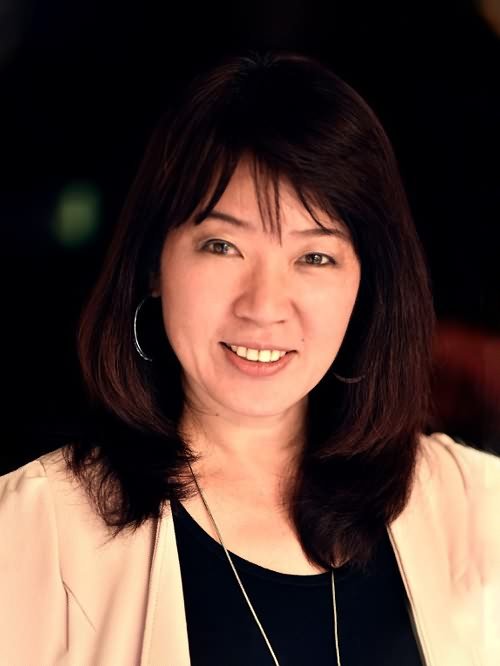
A pioneer of firsts: Meet Dr. Aileen Tan Shau Hwai
Being a female scientist can come with many challenges. Breaking down barriers and becoming the first woman to accomplish any major feat can be difficult, but Malaysian marine scientist Professor Dr. Aileen Tan Shau Hwai is a woman of many firsts.
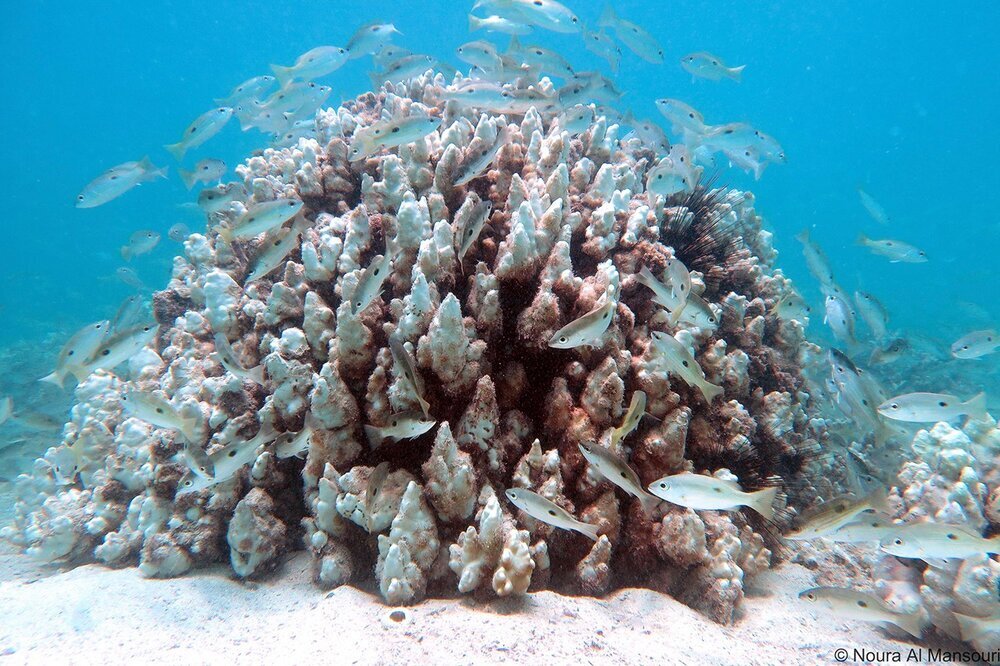
PAG the High Threat Sea: An Interview with Nora Al Mansoori about the Persian Arabian Gulf's aggressive conditions for survival of marine life
Okay, let me guess what places you just thought of. The Great Barrier Reef. The Bahamas. Polynesia. Micronesia. Hawai’i. Well, Noura Al Mansoori thinks of the Arabian Gulf aka the Persian-Asian Gulf (PAG).
Al Mansoori is a researcher at NYU Abu Dhabi who has studied a gamut of issues in the PAG, but for our interview we focused on her work with coral reefs and sea urchins. The Arabian Gulf is relatively shallow, which means it is susceptible to fast temperature change
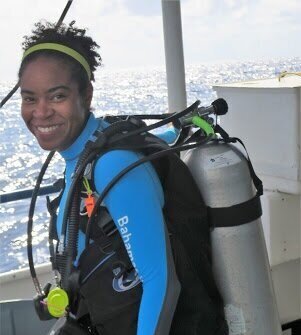
Life in The Bahamas: An interview with Marine Scientist Dr Krista Danielle Sherman
Crystal clear turquoise waters encompass The Bahamas and support a wealth of marine habitats, from coral reefs to mangroves and seagrasses. Home to the third largest coral reef in the world, the marine environment is bustling with exotic life. Meet Dr Krista Danielle Sherman, the first female Bahamian scientist to achieve her PhD within the Marine Sciences, who works tirelessly to ensure these intricate ecosystems remain pristine for years to come.

Marine Palaeontology: An interview with Dr. Leanne Melbourne
Numerous environmental changes have been observed in our oceans in recent years due to the increase in anthropogenic CO2 in the atmosphere. This in turn leads to ocean acidification and warming waters, phenomena that cause detrimental effects to marine organisms and their survival. Calcifying organisms are particularly at risk to these changes as it significantly reduces their ability to calcify, a vital process in which they create their hard shells or skeletons. Meet Dr Leanne Melbourne, a Marine Palaeontology lecturer at the University of Bristol whose research focuses on how these environmental changes affect the structural integrity of marine calcifiers through time.

Blue Seawalls: Using Artificial Structures to Support Biodiversity
Compared to our knowledge of the terrestrial environment, the ocean remains enigmatic; a vast, relentless mystery, the depths of which we understand less than the surface of the Moon. Serene though they may appear, coastlines the world over are being remodelled and redesigned to suit the needs of a growing human population, through the addition of artificial structures.
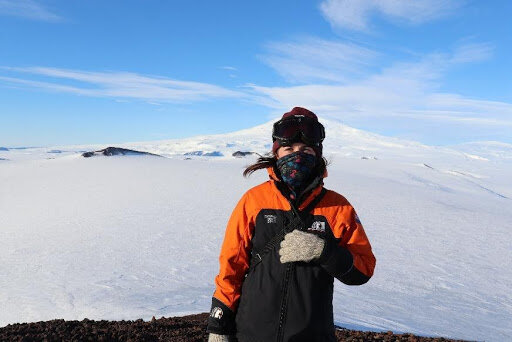
Protecting the Southern Ocean and Antarctica: A conversation with Natasha Gardiner
Magical and full of beauty and mysteries, Antarctica is a frozen wonderland. We spoke with Natasha Gardiner, a PhD researcher at the University of Canterbury in New Zealand where her research focuses on the Antarctic and Southern Ocean science-policy interface.
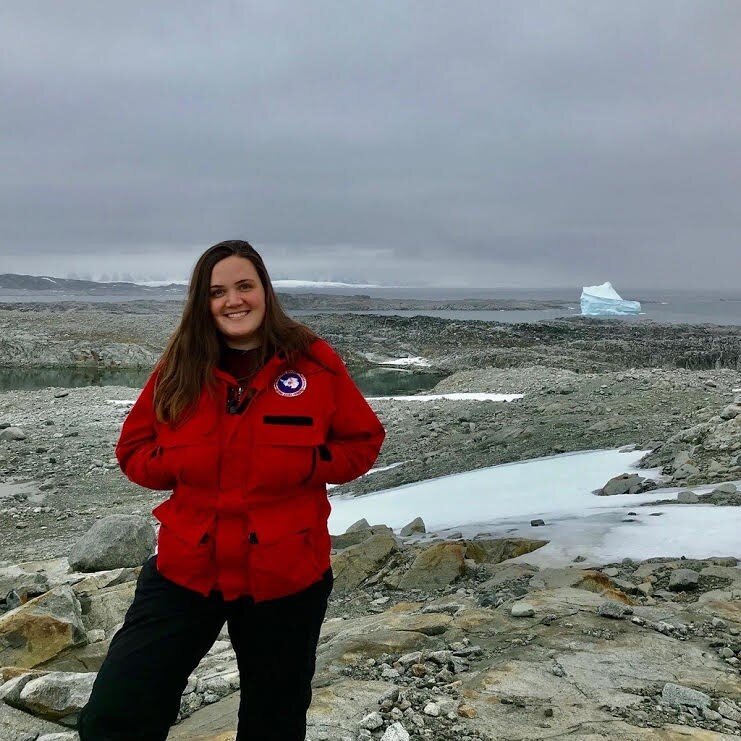
Antarctic Marine Bacteria! - An interview with Beth Connors
Beth Connors is a PhD student in the Bowman Lab for Scripps of UCSD. She is currently spearheading trips to Antarctica where she studies the ecological roles and genomics of heterotrophic (must eat to live) marine bacteria.
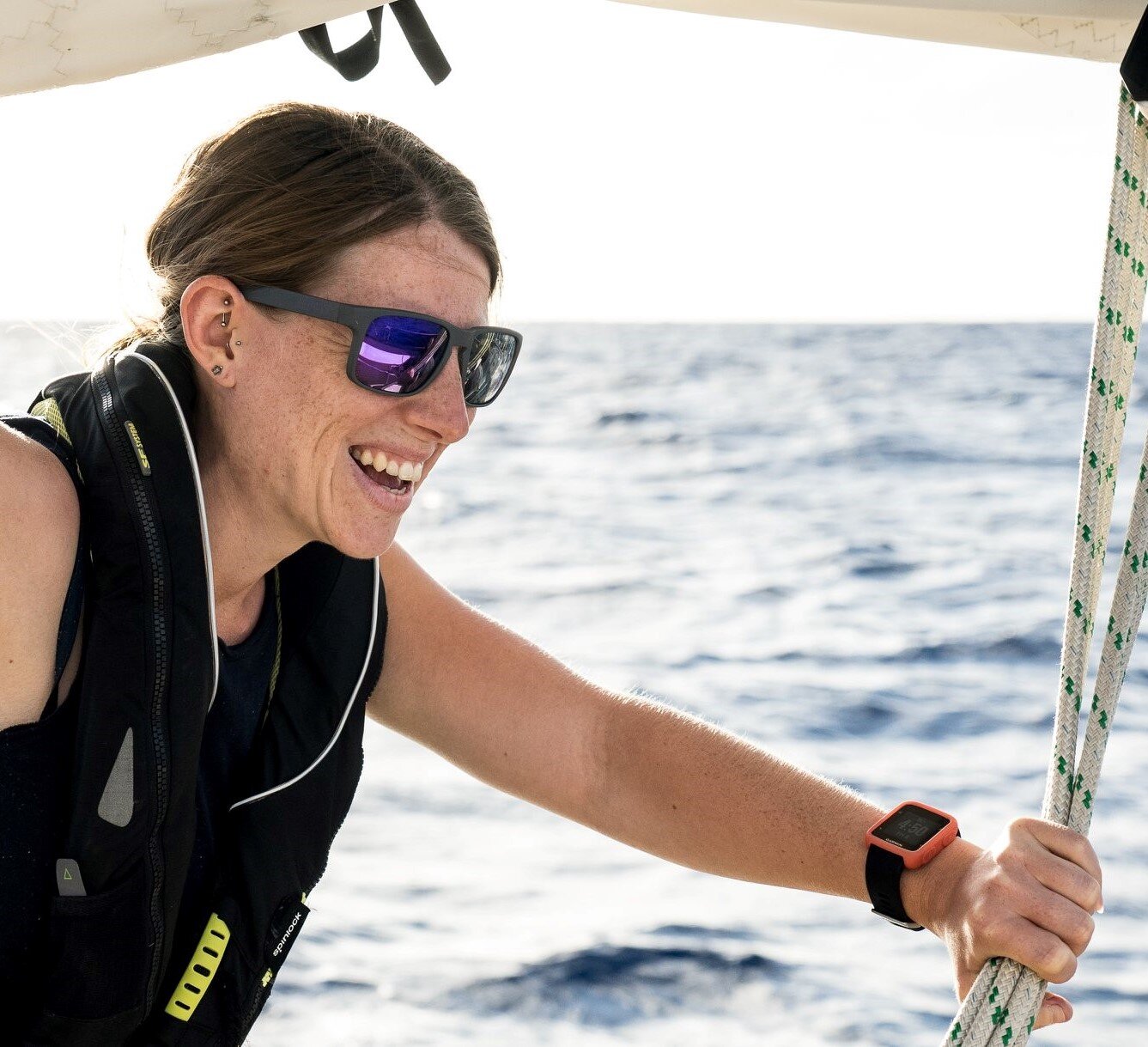
Women in the Lab: An Interview with Dr. Winnie Courtene-Jones, plastic pollution expert
Meet Dr. Winnie Courtene-Jones, a plastic pollution expert working within the University of Plymouth’s International Marine Litter Research Unit, where she leads scientific investigation for eXXpedition, an all-female team sailing around the world researching plastic pollution.
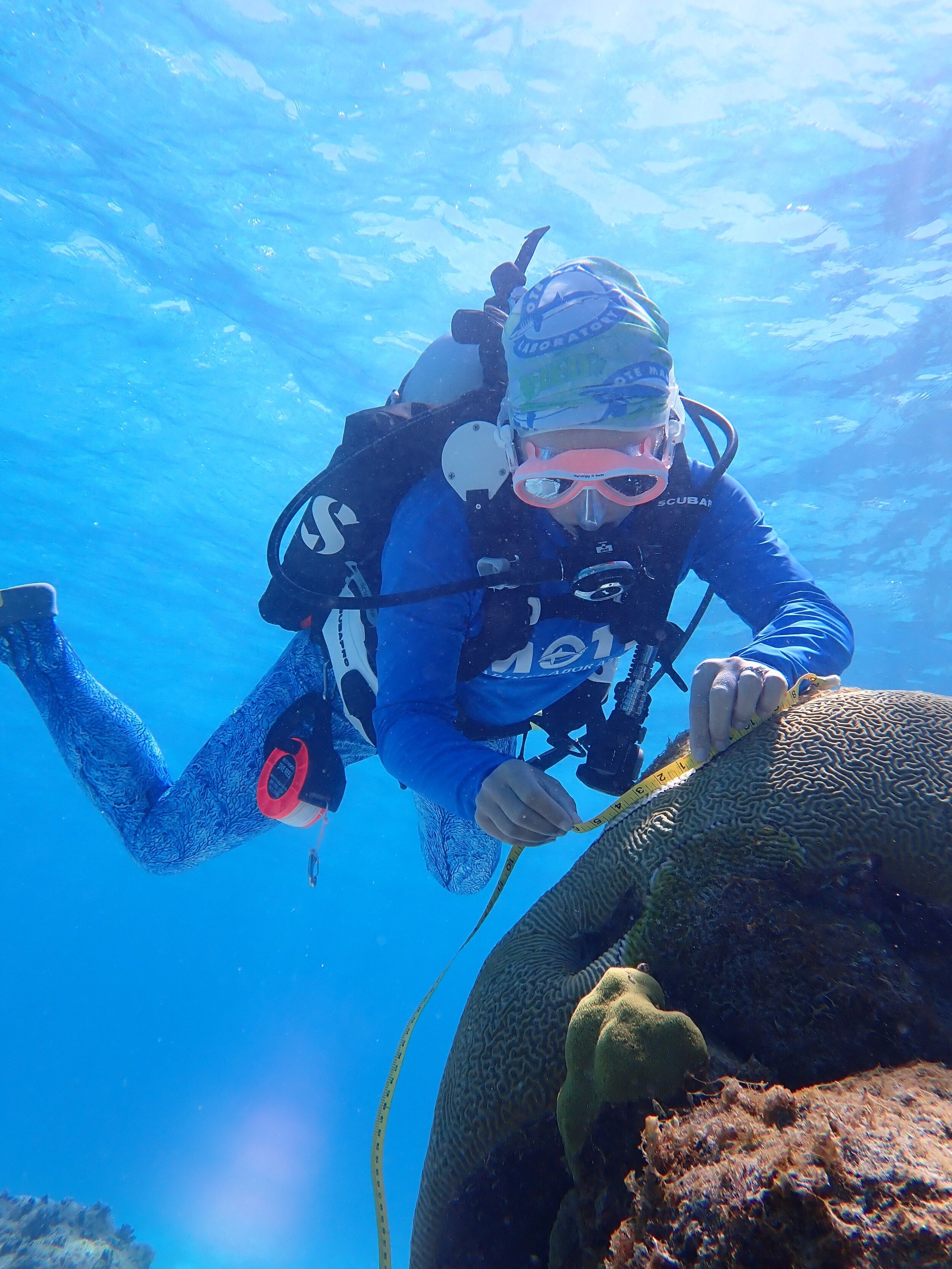
Climate Change, Disease and Sick Corals
‘We have to fight now to preserve what we have left’, says Dr Erinn Muller, a Senior Scientist at Mote Marine Laboratory and Aquarium. Erinn is also the coral Health and Disease Program Manger and an avid SCUBA diver from the U.S.A. She has an extensive background conducting research on coral health, disease and restoration from around the globe, including Florida, Indonesia and Saudi Arabia with a research focus on what makes corals sick and why some corals are more resilient to threats in comparison to others.
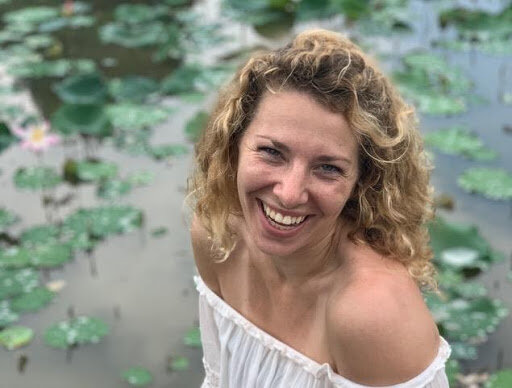
Not your stereotypical white coat lab work – Meet Coral Biologist Megan Clampitt
Stereotypes. Since the 1950s research has exposed the way students depict a scientist. White lab coats, eccentric men, wild hair and extravagant experiments all epitomise the stereotypical ‘mad scientist’ portrayed by the media. Although gender stereotypes may be on the decline, understanding the role of a modern scientist is important. Firstly, not all lab work requires a white coat and a crazy experiment!
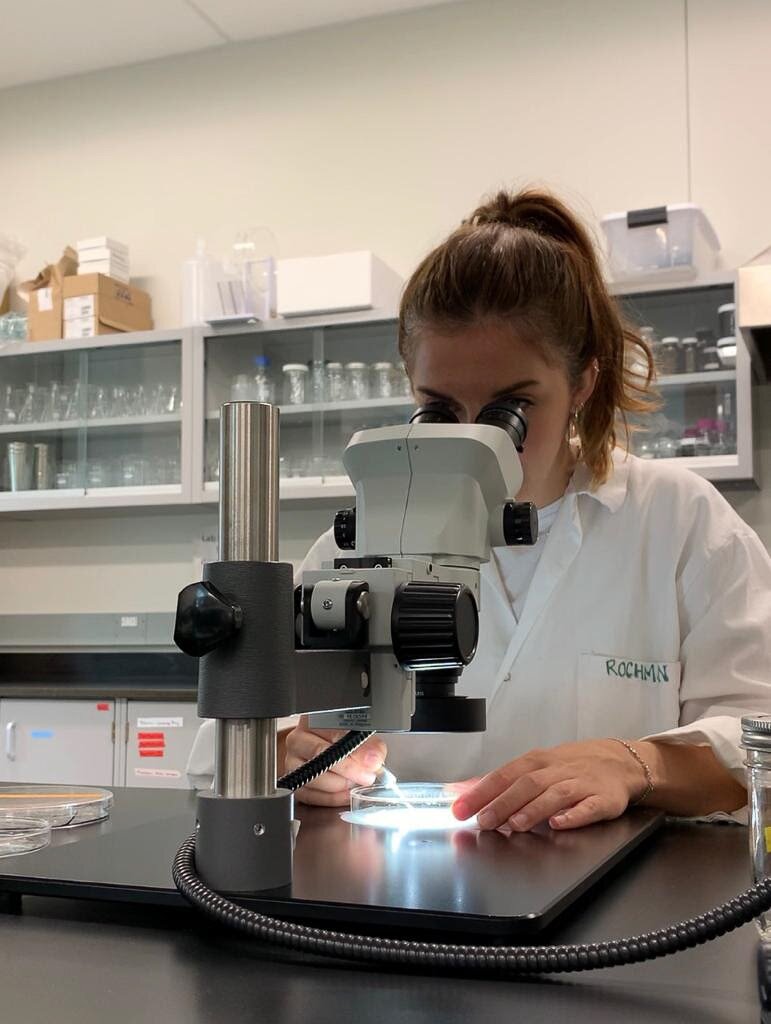
Up close and personal with Microplastics
Microplastics are everywhere. Every sample I have analysed, from sediments to fish tissue, has contained tens if not hundreds of plastic particles of different shapes and sizes. I work as a plastic pollution researcher at the University of Toronto, where a large part of my work involves testing and developing methods to analyse microplastics from environmental samples.
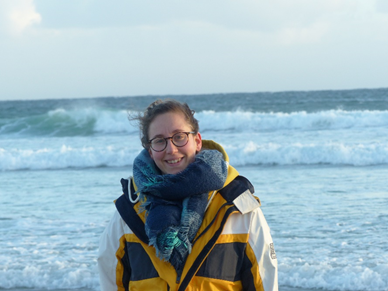
Marine Plastics in Scotland – An Interview with Lola Paradinas
Lola Paradinas is a passionate PhD researcher working at the Scottish Association for Marine Science (SAMS), based in Oban on the west coast of Scotland. She grew up on a sailing boat for the first ten years of her life circumnavigating the globe. Being in constant contact with the sea, she learnt to appreciate, respect and protect the marine environment.
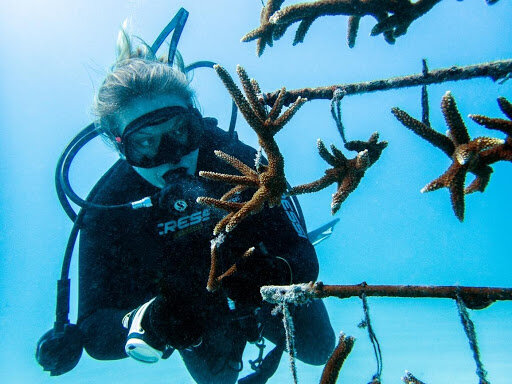
From Coastlines to Coral
Like many of the extraordinary women featured on this site, I fell in love with the ocean early on and fell hard. Declaring myself a future marine biologist by the time I was about 9 years old, I spent summers exploring the barnacle-ridden rocky tidal pools at Wingaersheek Beach in my home state of Massachusetts or catch-and-releasing crabs and invertebrates that were unfortunate enough to pass by my grandparents’ dock in Chesapeake Bay. I was happiest when I was saltiest, and that hasn’t changed.
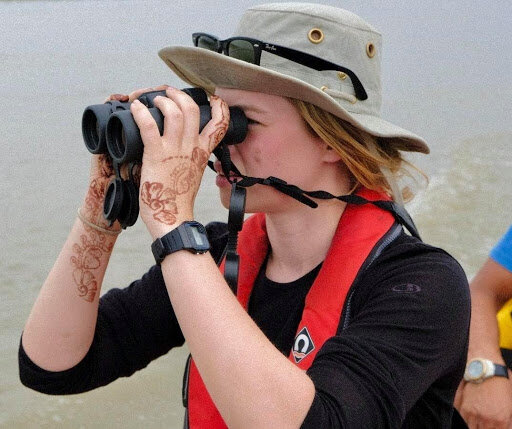
Investigating Plastic Pollution: An Interview with Dr. Imogen Napper
Plastic derived from the Greek plastikos meaning ‘capable of being shaped or moulded’, is a long lasting, cheap and strong product that can be found everywhere. The miracle material with its ideal properties for manufacturing is at the heart of a global epidemic. The properties that once made plastic an ideal product also make it a gravely problematic one, a result of our throwaway culture. To date, over 300 million tons of plastic is produced each year, of which 8 million tons finds it’s way into our oceans yearly.
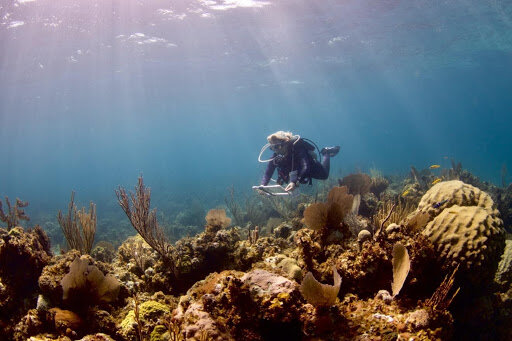
The Reef Rescue Network: Restoring Life, Growing Opportunity.
I became aware of threats against the ocean as soon as I started scuba diving, whether it was seeing coral bleaching during a dive or discarded fishing nets covering coral reefs, my eyes were now open to what most will never see. The threats to our ocean are mostly hidden to humans and this is why it has been so devastating, and little has been done to stop it.
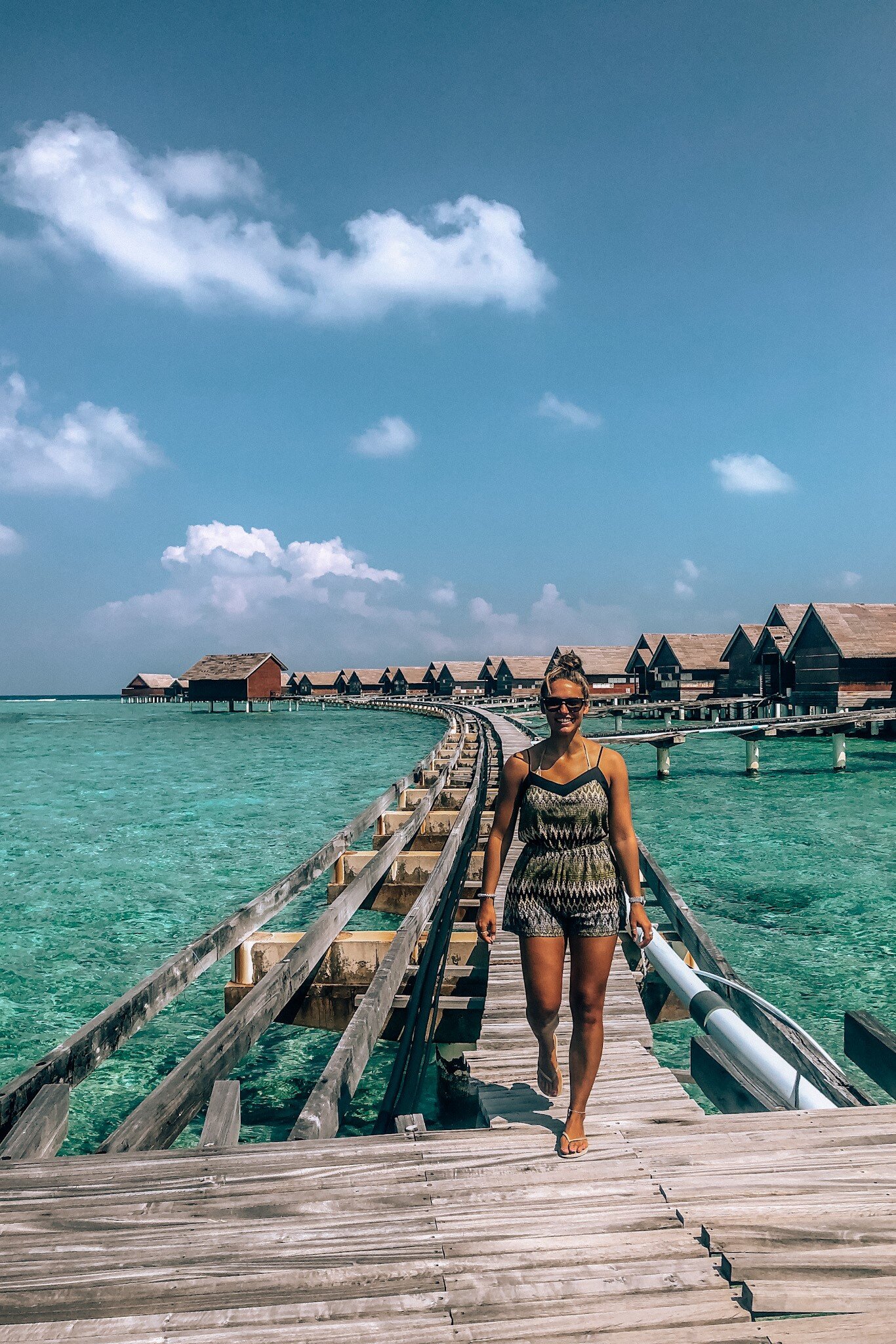
Travelling the Tropics
Coral reefs, the cities beneath the waves only cover less than 1% of the Earth’s surface but are home to 25% of all known marine life. They provide us with food, protection, jobs and medicine, yet we destroy, damage and degrade these intricate ecosystems mercilessly. We have now decimated 50% of coral reefs worldwide. At this rate, they could all be destroyed come the end of the decade
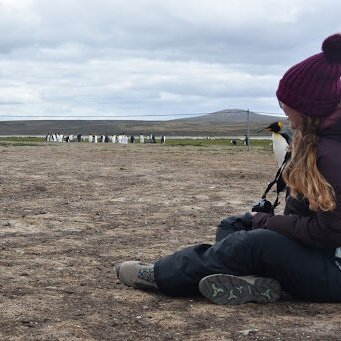
Arctic Adventures – Microplastics with Tristyn Garza
Tristyn Garza is a graduate student at the University of West Florida, with a focus on microplastic pollution. Tristyn is working with samples from the Great Lakes to Antarctic identifying and categorizing microplastics. Learn more about her work and her research journey below!
